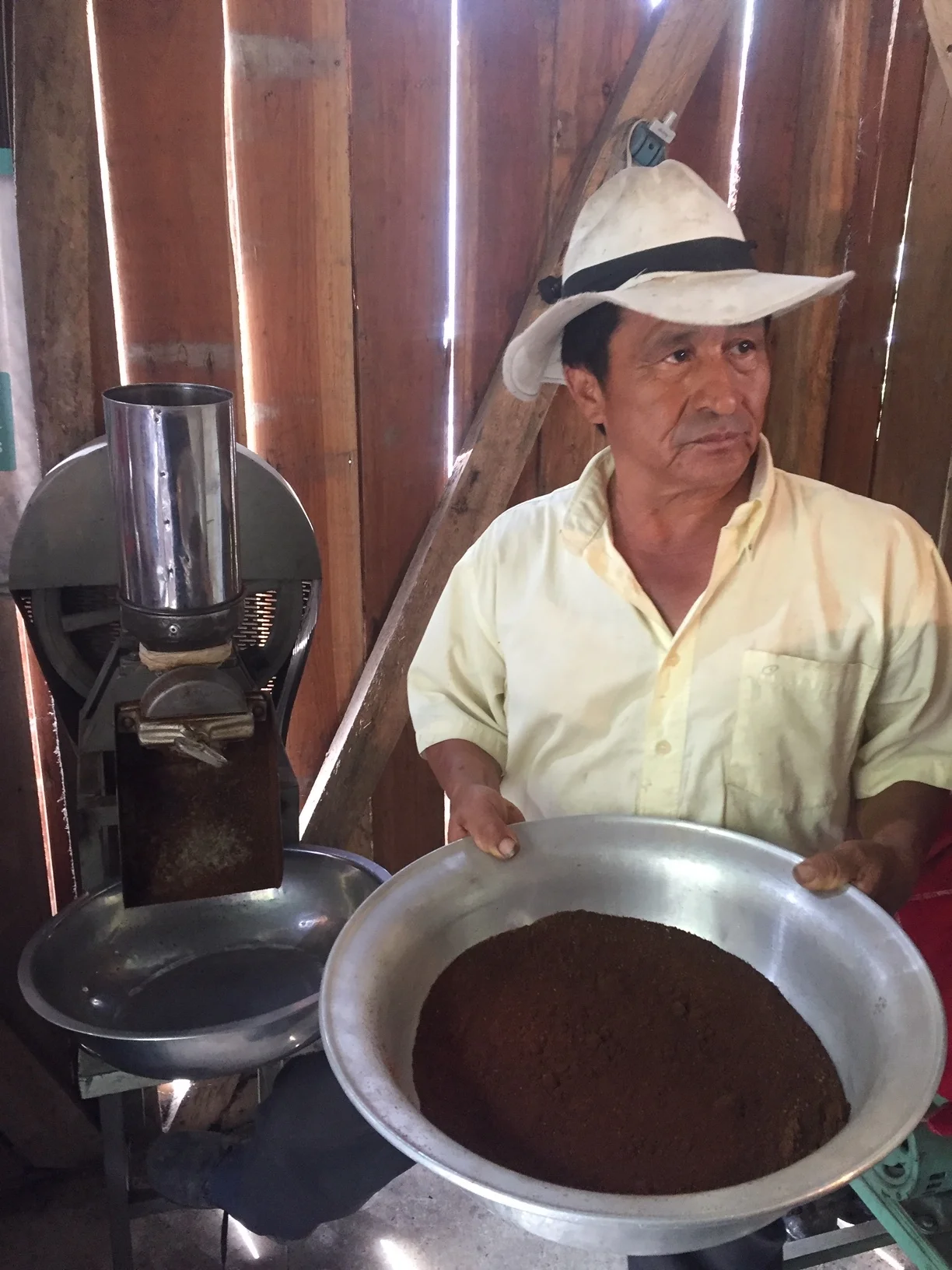I am sitting in a hotel room in Bogata, Colombia having an adventure with my younger daughter, Hannah. She is the only one of my four children who has inherited my travel bug. The others aren’t really opposed to travel, one is even a pilot, but Hannah, like me, feels passionately about it.
We are in Columbia with six other people, who also apparently felt the need to skip town (all eight of us are from different towns), for no apparent reason other than the opportunity presented itself.
We boarded airplanes and journeyed to this South American capital located high in the Andes. I don’t need to recount the horrors of modern air travel: the discomforts of removing one’s shoes and belts, being x-rayed, then boarding a crowded metal box where one is wedged between strangers for a good many hours.
Why would people do this voluntarily, even forking over a hunk of dollars for the pleasure?
I have loved to travel ever since I can remember. I come from a family of non-travelers. Once my immigrant mother got settled in America, she reveled in the security of her new home. When they could finally afford to do so, my parents left Chicago only occasionally, to escape the severe winters. They made their way to Florida, where they stayed at a hotel with folks very much like themselves, ate food very much like what they’d been eating at home, and moved from their lounge chairs only briefly to go to the water’s edge.
On the other hand, I am one of those people who gets almost as much enjoyment from planning my next trip as from being there. The farther away and the more exotic, the better.
So when a friend invited my daughter and me on this South American adventure, we jumped at the chance. We’d get to see a new city: Bogata; then travel to the Corcora Valley in Colombia’s “Coffee Triangle” and stay on a ranch. The magic of going to a place I’d never been, of meeting interesting new people and doing this all in the company of my dear daughter, a bold and fearless traveler, well, it was irresistible.
At dinner that first night, I looked around at my companions. We differed in age, country of origin, profession and almost every other demographic. The common thread: love of travel.
“What brought you here?” I asked.
Monica, a Colombian-American and the group’s common link, said she travels because she is curious. She thinks it is important to begin to travel when you’re young and broke; and she stressed how important it is to appreciate the destination and not try to replicate home.
She quoted the lines, “Don’t try to make here there. If you don’t like it here, go back there.” In other words, when traveling, enjoy and appreciate the beauty and novelty of the new place. The food, the people, the customs, the joy, is in the differences.
Marion, originally from Germany, but now living in Texas, spoke about how meaningful she’s found the human interaction. She has been constantly surprised by the generosity she’s found around the world from people who have next to nothing. And she realizes, when she travels, the interconnectedness of people around the world. Though the differences in cultures are obvious, she is always reminded of the similarities she sees in people’s basic hopes and dreams for themselves and their families.
Anita expressed gratitude for the opportunity she has had to travel. And her friend, the other Monica in our group, this one from Delaware, talked about how travel has opened her mind and heart, reminding her that she is not the center of the universe.
Hannah loves travel because it takes her out of the many pressures of her demanding professional life. Instead of the myriad of details she usually has to attend to as a busy veterinarian, she can focus on the basics and get into the relaxed rhythm of where she’s visiting.
Then there was Ray, who with a rueful smile, said his wife’s next desired destination was Bolivia. Where was his, I asked. “My couch,” he answered. “That’s where I want to go next. But I don’t think she’ll let me.”
So here was yet another reason we travel: familial harmony.
